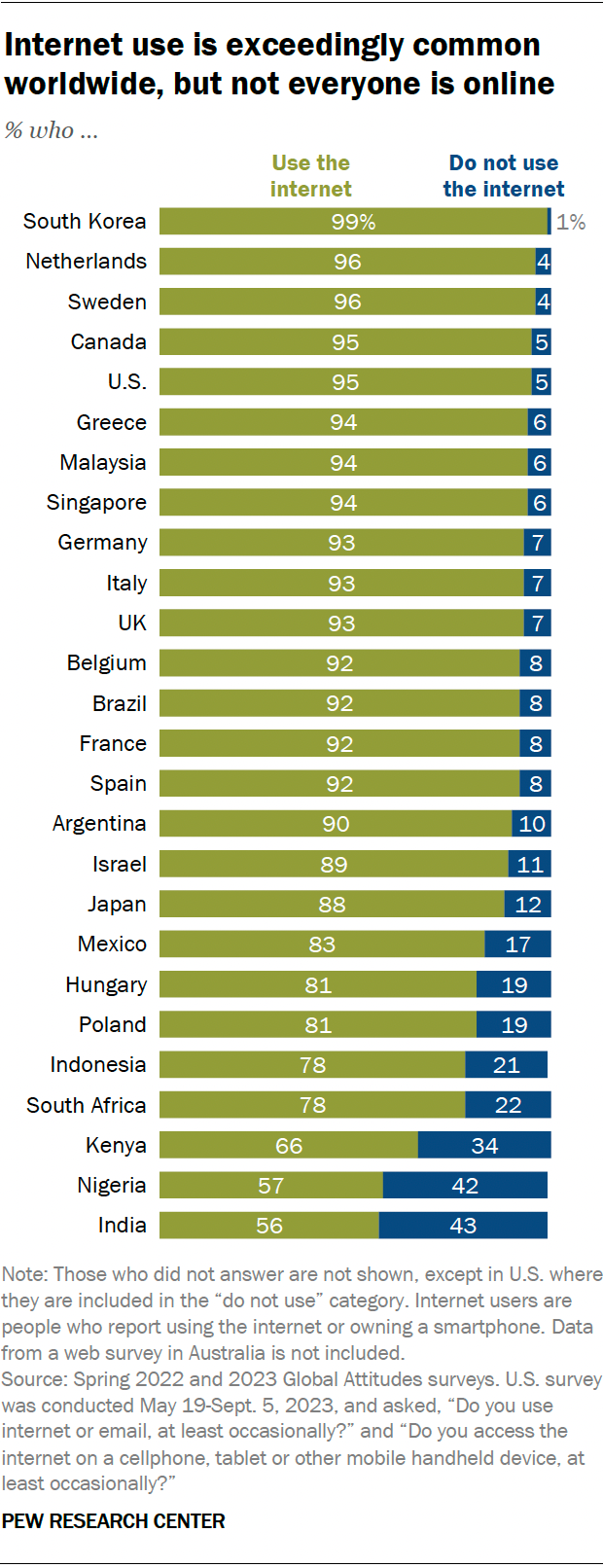Data is everything. It’s the leverage for the story. It’s a reminder of the impact. It’s the foundation beyond a political stance that provides objective truth.
Data, however, can be obfuscated, contaminated, and destroyed. A report titled “Climate Financial Risk White Paper” is a comprehensive 115-page white paper detailing the financial risks of climate change’s impacts on industries and actions by agencies to address it. It was published in December 2024. Less than 24 hours after this writer (builder and founder) found the link, it was removed from the White House website.
The 404 message is a glaring reminder that access to data is integral to knowledge.
The “404 Page Not Found” message that stares back in bold font doesn’t mean the page doesn’t exist. The 404 error message is “a hypertext transfer protocol (HTTP) standard response code,” which could mean that the “server could not find what was requested.” This might imply that the document never existed. It might mean that the user, in this case, that’d be yours truly, had made an error while searching for this document. Yet, the “404 error may also be used when a server does not wish to disclose whether it has the requested information.” (1)
The tab was still open on my browser.
Understanding the nuances of a browser’s error implications may seem like a technical rabbit hole, but it reflects one’s digital literacy. Digital literacy, coined by Paul Gilster in 1997, is “the ability to read, write and otherwise deal with information using the technologies and formats of the time—and [is] an essential life skill.”(2)
Internet use is widespread, with “around nine-in-ten or more adults [being] online.” (3) It’s now an essential part of our global interconnected world, with technology integrated into most aspects of people’s lives.
Our ability to distinguish a page’s malfunction may mean the difference between understanding when we’ve correctly submitted our health care application or the next steps in an online onboarding process for emergency benefit services. “Digital literacy substantially interacts with other intermediate health factors and social determinants to influence both access to digital health resources and wider health equity outcomes.”(4)
Distinguishing where the error lies when malfunctions occur enables people to discover the key resource they seek and supports their overall health factors. Each digital interaction reinforces user behavior and engagement. So the next time they visit that page or experience a similar experience online, will they have the digital literacy to know that the error isn’t theirs?
It isn’t the user’s inquiry, search, or curiosity that often results in a 404 error. It’s a disconnect between the browser and the server. It’s the communication between the interfaces and the data holder. The missing white paper revealed agency programs, initiatives, and progress in addressing climate risk with financial impact. It’s a crucial piece of data that’s now masked.
As a social impact founder focused on climate change education and climate solutions, this resource was a critical piece for assessing the financial viability of my venture. It’s also a key piece of articulation beyond sentimentality, morality, or subjective perspectives on the ‘value’ of prioritizing climate change solutions.
Climate change is the “long-term shifts in temperatures and weather patterns”(5); it’s not a political party’s viewpoint. It’s a scientific truth backed by data.
This is one report, but it won’t be the last in the next four years.
Citations:
Wikipedia contributors. "HTTP 404." Wikipedia, The Free Encyclopedia. Wikipedia, The Free Encyclopedia, 23 Dec. 2024. Web. 22 Jan. 2025.
Bawden, David. "Origins and concepts of digital literacy." Digital literacies: Concepts, policies and practices 30.2008 (2008): 17-32.
Poushter, Jacob, et al. “8 Charts on Technology Use around the World.” Pew Research Center, 5 Feb. 2024, www.pewresearch.org/short-reads/2024/02/05/8-charts-on-technology-use-around-the-world/.
Crawford A, Serhal E. Digital health equity and COVID-19: the innovation curve cannot reinforce the social gradient of health. J Med Internet Res 2020; 22: e19361. doi: 10.2196/19361
United Nations. “What Is Climate Change?” United Nations, United Nations, 2023, www.un.org/en/climatechange/what-is-climate-change.







